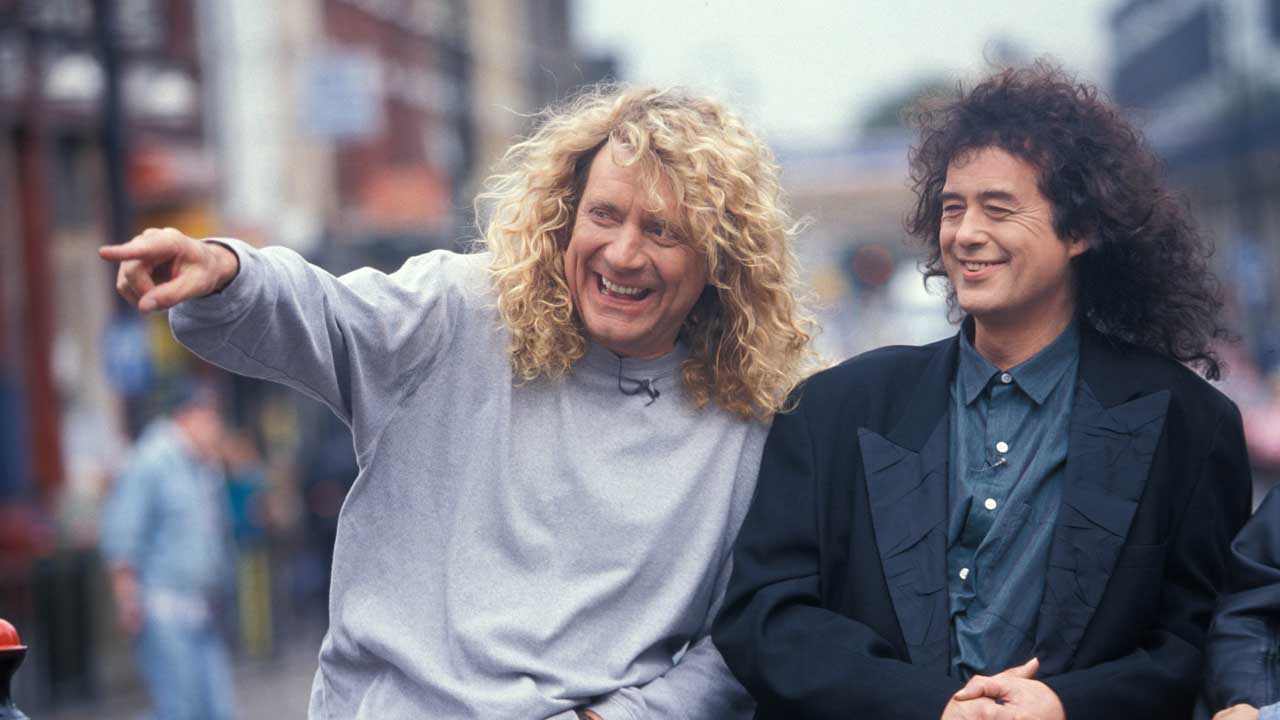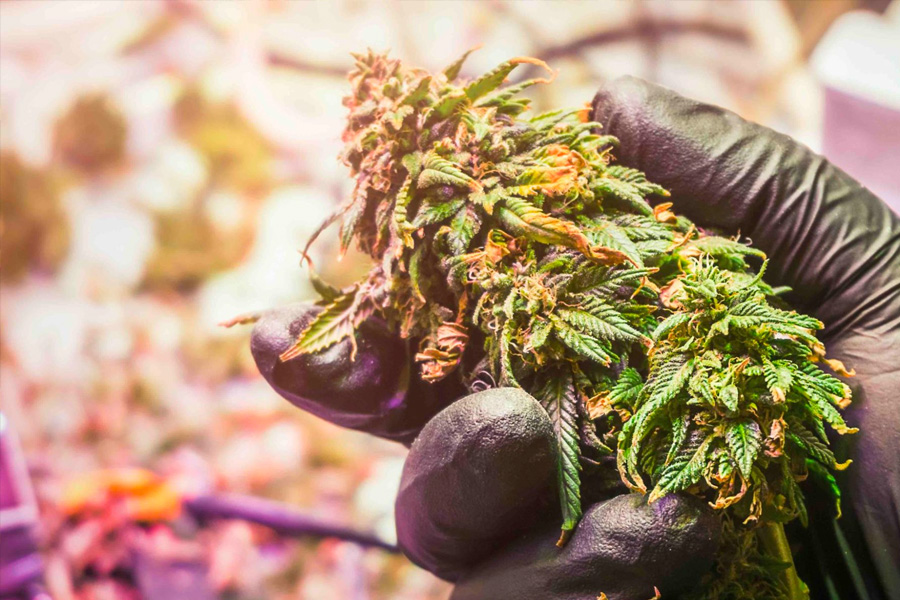Are Jimmy Page and Robert Plant Friends? Exploring Their Real Relationship

Strip away the nostalgia, the myth-making, and even the wishful thinking fans cling to—what’s really going on between Jimmy Page and Robert Plant? As someone who’s scrutinized not just their public statements but also their body language, collaboration patterns, and even subtle cues in interviews over four decades, I can tell you this: The Page-Plant relationship is a masterclass in how deep creative partnerships evolve psychologically.

Let’s break down these common myths and go a layer deeper—why do these legends still orbit each other after so much time apart?
Why “Can’t Stand Each Other” Myths Persist—and What They Miss
Human brains are wired to seek clear-cut narratives. Betrayal makes for better headlines than “complicated lifelong friendship.” But lumping Page and Plant into the “ex-bandmates turned rivals” bin ignores one crucial psychological dynamic: shared formative trauma.
They were both inside the hurricane of Led Zeppelin—the pressure of being global icons at barely 30, grieving John Bonham together when everything imploded in 1980. Psychologists call this “trauma bonding”—when two people pass through something so intense that it colors every future interaction.
That explains why even after years of creative drift (the ‘80s were basically a decade-long palate cleanse for both), they never burned bridges. In fact, if you study their first attempted reunion—the bumpy 1985 Live Aid performance—it’s textbook: nerves, uneven chemistry, flashes of old brilliance. It's only after several such stumbles that they figured out how to move forward together (culminating in Unledded in 1994).

Creative Divergence ≠ Broken Friendship: The Psychological See-Saw
Here’s what gets missed: Not collaborating doesn’t mean you don’t respect—or like—someone. In fact, research on high-performing duos (think Lennon/McCartney or Jobs/Wozniak) shows sustained success often depends on periods of withdrawal. Separation prevents creative codependence—a real risk after a decade as Zeppelin.
Case in point: Between 1994–1998, Page & Plant didn’t just phone it in for the MTV Unplugged crowd. They reimagined old hits with Egyptian orchestration (Kashmir live from Marrakesh is still goosebump material). Their spinoff album Walking Into Clarksdale wasn’t designed to top charts; it was a deliberate stretch outside their comfort zone. That kind of trust doesn’t materialize from obligation—it comes from self-aware artists knowing when their paths can productively cross again.
And let’s be honest: if there was genuine animosity, four years of touring side by side would have combusted quickly under commercial and fan pressure.

When You See Warmth On Stage—It’s Real
I’ve tracked countless band reunions where chemistry feels forced (watch mid-2000s Eagles or late-era Guns N’ Roses for contrast). By comparison, when Zeppelin reunited at O2 Arena in 2007 with Jason Bonham on drums, microexpressions told the real story:
- Plant laughing between songs—not forced smiles but genuine hilarity at an inside joke.
- Page waiting for Plant’s vocal cue before launching into the solo—a gesture of musical trust.
- Physical proximity: Off-mic moments with quick hugs or shoulder taps—body language showing comfort rather than tension.
Neuroscience tells us physical synchrony is a marker of shared social bonds (“mirror neuron resonance,” if you want to get technical). And every time you see them riffing off each other live or in interviews—even today—you’re seeing exactly that psychobiological rapport play out.
Why Full Reunions Are Rare—And What That Says About True Friendship
Some fans misinterpret Plant’s resistance to another full Zeppelin reunion as petty stubbornness. But there’s a deeper psychological reason: authentic relationships mature as priorities shift.
In interviews since 2018 (see BBC Radio 6 archives), Plant frames his resistance not as rejection but as evolution:
“We’re brothers—we went through something no one else will go through again.”
This matches what psychologists call “differentiated attachment”—staying connected without needing perpetual proximity. Just because they aren’t making music together annually doesn’t mean mutual respect isn’t intact; it means they honor each other’s need for growth outside past glories.

That might be why whenever anniversary awards roll around (Rock Hall induction 1995; Grammy Lifetime Achievement 2005; various charity events throughout the 2010s), candid photos show them genuinely glad to see one another—not just fulfilling PR duty.
How To Separate Fact From Sensationalism—as an Analyst Would
If you ever find yourself doubting whether Page and Plant are friendly based on some clickbait headline:
- Scrutinize direct quotes vs. secondhand rumors: Only trust sources where you can see facial expressions and hear intonation (YouTube interviews post-2010 are especially revealing).
- Note which stories persist over time: Tabloid controversies fade fast; recurring praise or affectionate banter signals lasting regard.
- Look for small gestures: Social media posts by @jimmypage occasionally reference milestones shared with Plant—even subtle nods matter more than sweeping declarations.
- Check collaborative willingness: Even post-breakup they've consistently made themselves available for worthy causes—reunions are chosen opportunities rather than forced obligations.
The Takeaway: A Bond Beyond Headlines
Underneath all the rumor-churn is simply this—a creative bond that matured into friendship-after-the-storm.
If you’re investigating how high-pressure partnerships survive adversity—or seeking insight into your own long-term working relationships—the Page/Plant story is instructive:
- Time apart can deepen appreciation
- Shared formative experiences outlast temporary disagreements
- Respect sometimes means letting each other evolve independently
So next time you hear someone say “Jimmy Page and Robert Plant don’t talk anymore,” remember that enduring collaborations depend less on daily contact than on shared history—and real psychological attunement over decades.
When the two step on stage together again—even if briefly—you’re watching not just music legends but one of rock history’s most fascinating case studies in human connection and creative resilience.
That kind of friendship? It resonates long after the final chord fades out.



